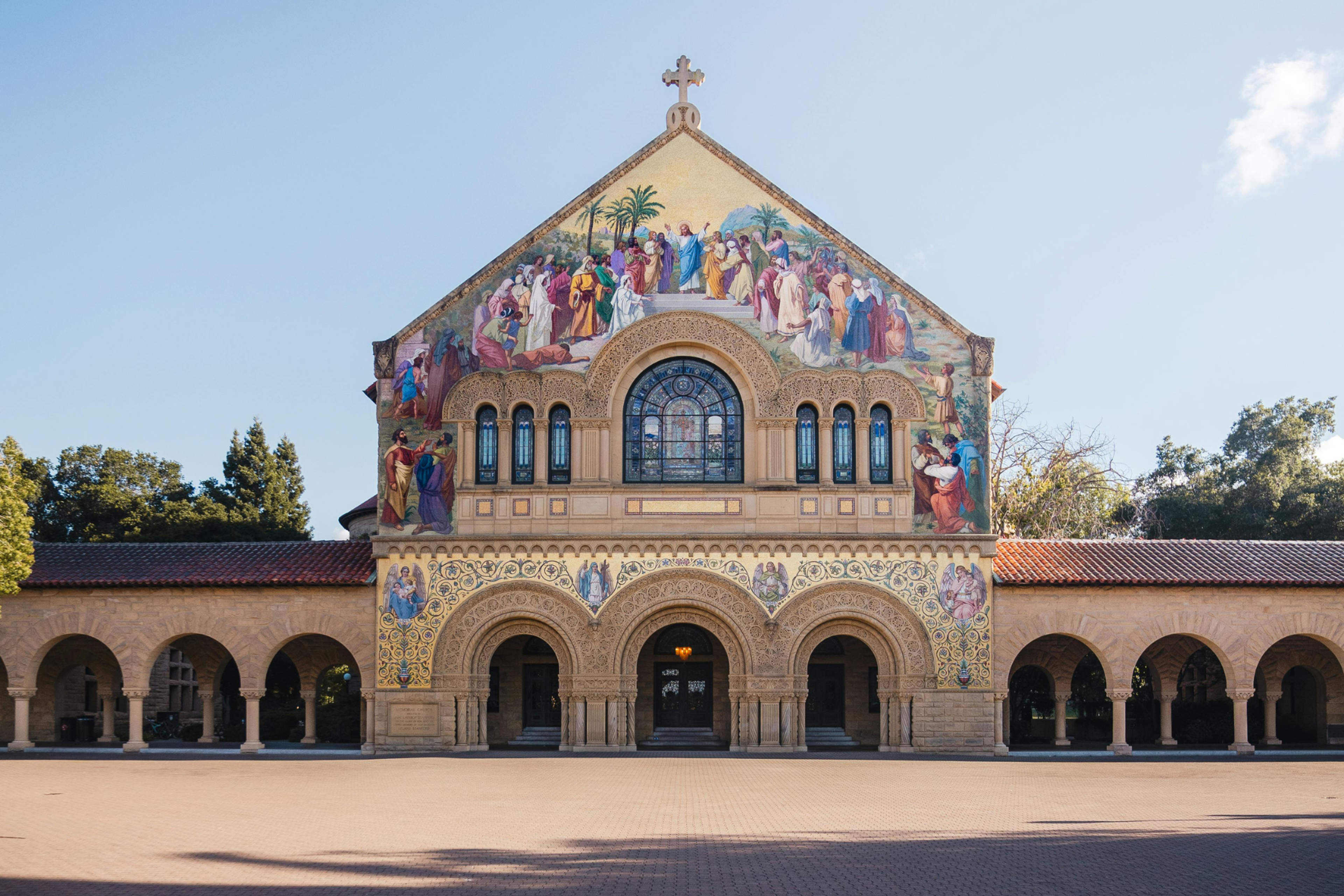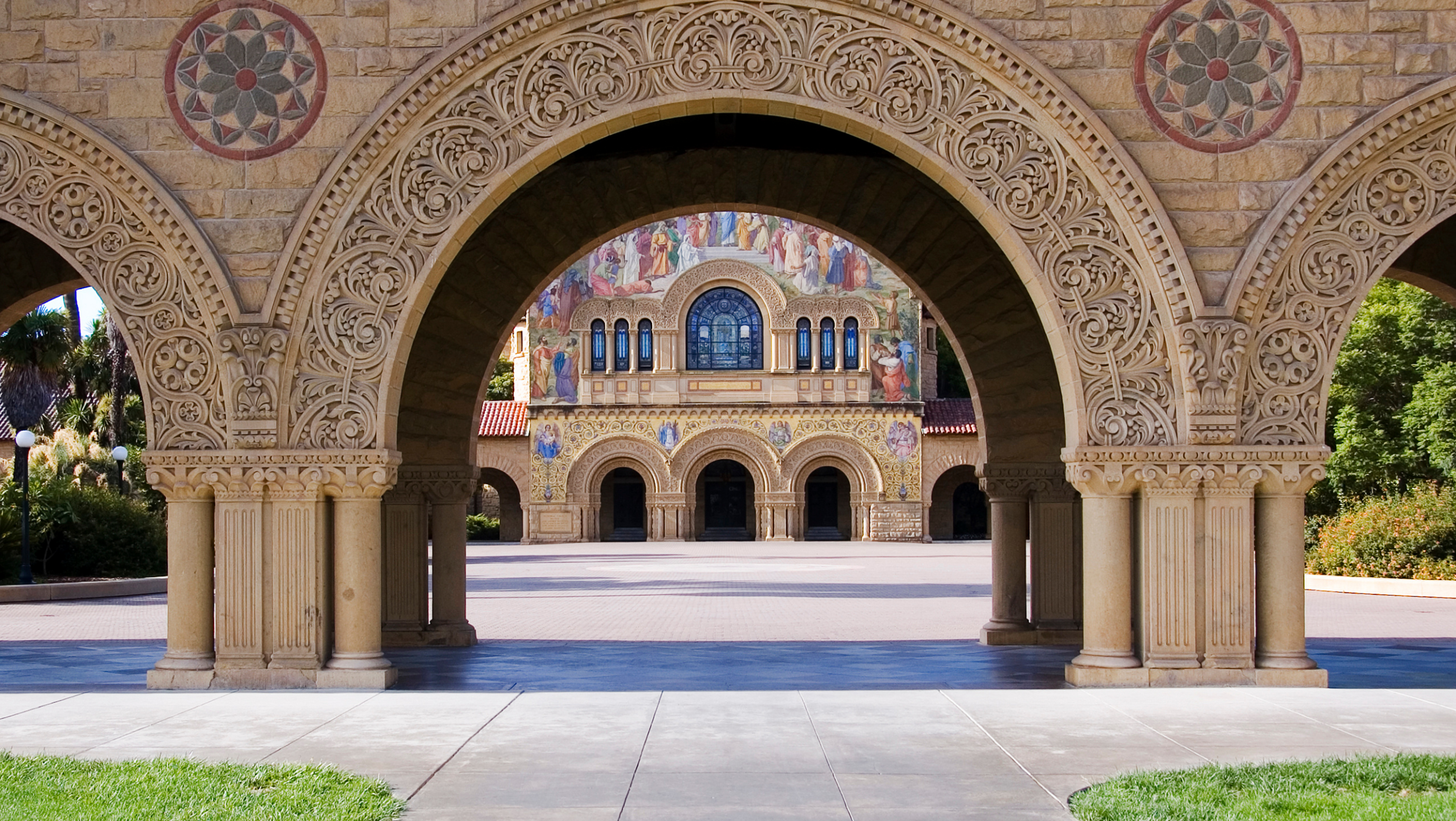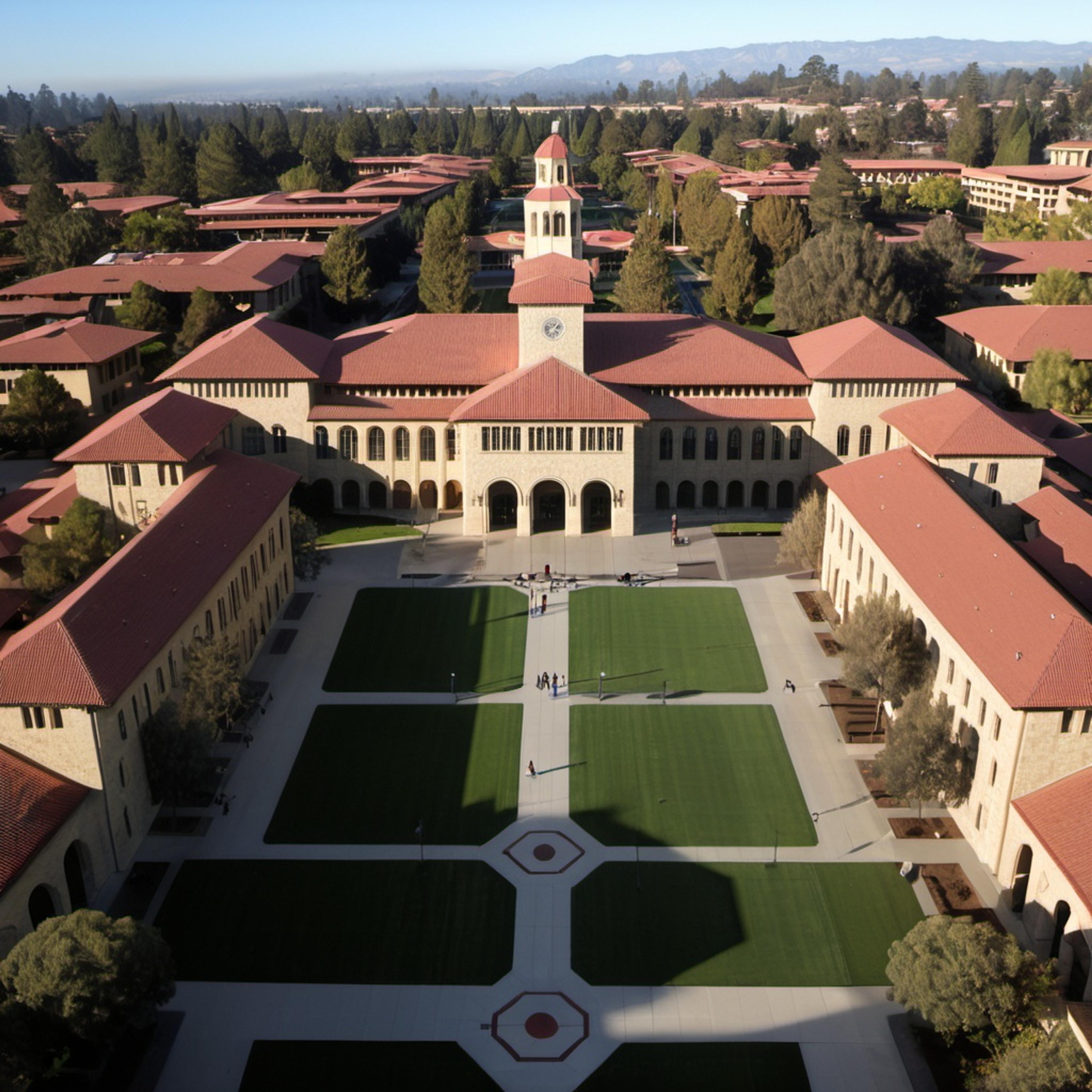
Table of Contents
Free Event

Featuring Melanie E.
How to Get a Head Start on Your MBA Application
Starting Wednesday, April 16
10:00 PM UTC · 60 minutes

Featuring Melanie E.
Embarking on an MBA journey is a significant decision that requires a thorough understanding of various aspects, including the financial investment involved. One of the most prestigious institutions globally, Stanford Graduate School of Business (GSB), offers an MBA program that is renowned for its quality and impact. This article provides an in-depth breakdown of the tuition and fees associated with the Stanford GSB MBA program.
Tuition Fees
The tuition fee for the Stanford GSB MBA program is a substantial part of the overall cost. For the academic year 2023-2024, the tuition fee is approximately $79,860. This fee covers the full range of instruction, activities, and services that help students make the most of their educational experience at Stanford.
It's important to note that the tuition fee is subject to change each academic year. The Stanford University Board of Trustees determines the exact amount, and it typically increases annually. Therefore, prospective students should consider potential increases when budgeting for the program.
Living Expenses
Apart from tuition, living expenses are another significant part of the cost of attending Stanford GSB. The estimated living expenses for a single student living on campus for the academic year 2023-2024 are approximately $18,453.
The actual living expenses can vary significantly depending on personal lifestyle choices and circumstances. For instance, students with families or those living off-campus may have different costs.
Housing
Stanford GSB offers on-campus housing options for students. The cost of on-campus housing varies depending on the type of accommodation (single or married student) and location. On average, on-campus housing costs range from $20,271 to $30,216 for the academic year.
Off-campus housing is also available in the surrounding communities, but prices can be higher due to the high cost of living in the Bay Area. Students choosing to live off-campus should factor in additional costs such as utilities and commuting.
Health Insurance
All Stanford GSB students are required to have health insurance. The university provides a comprehensive health insurance plan, Cardinal Care, which costs approximately $7,128 for the academic year. Students may also choose to waive the university's health insurance if they have an alternative coverage that meets the university's requirements.
It's worth noting that the cost of health insurance can increase each year. Therefore, students should consider potential increases when budgeting for their health insurance costs.
Additional Fees
In addition to tuition and living expenses, there are several other fees that students should consider. These include the one-time transcript fee, document fee, and the Associated Students of Stanford University fee.
The one-time transcript fee covers unlimited orders of official transcripts. The document fee of $250 is a one-time charge that covers lifetime access to official transcripts and other student records. The Associated Students of Stanford University (ASSU) fee, which is approximately $208 per quarter for undergraduates and $38 per quarter for graduate students which supports student activities and services.
Financial Aid
Understanding the cost of an MBA program is only part of the equation. It's equally important to explore the financial aid options available to help offset these costs. Stanford GSB offers several financial aid options, including fellowships, loans, and work-study programs.
Fellowships are a form of gift aid and do not need to be repaid. They are awarded based on a combination of merit and financial need. Loans, on the other hand, need to be repaid with interest. Stanford GSB offers both federal and private loan options. Work-study programs allow students to earn money to help pay for their education.
Applying for Financial Aid
To apply for financial aid, students must complete the Free Application for Federal Student Aid (FAFSA) and the Graduate Financial Aid Application. The FAFSA is used to determine eligibility for federal aid, while the Graduate Financial Aid Application is used to determine eligibility for institutional aid.
It's important to note that financial aid is not guaranteed and is subject to availability. Therefore, students should apply for financial aid as early as possible to increase their chances of receiving aid.
Final Note
Investing in an MBA from Stanford GSB is a significant financial commitment. However, with a clear understanding of the tuition and fees, living expenses, additional fees, and financial aid options, prospective students can make informed decisions about their investment. By carefully considering these costs and exploring all available financial aid options, students can take a significant step towards achieving their career goals and maximizing the return on their educational investment.


















